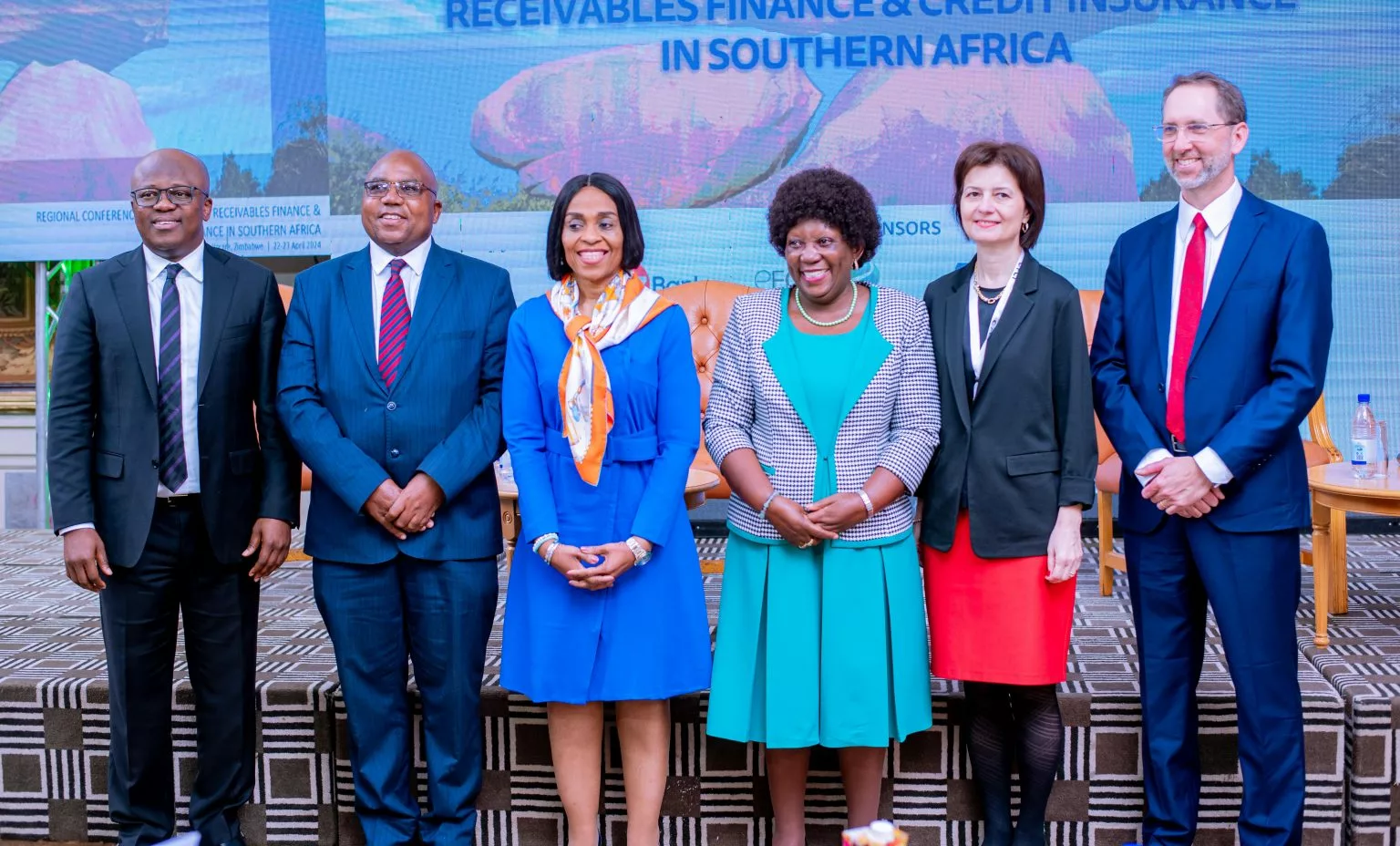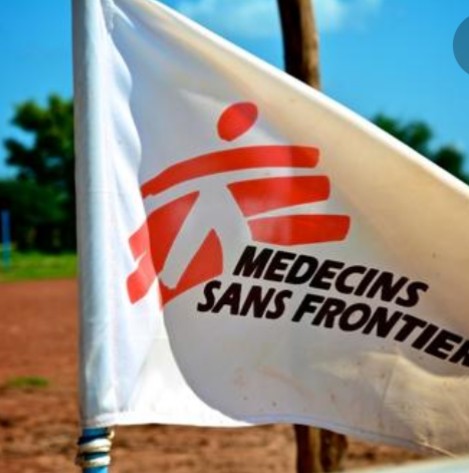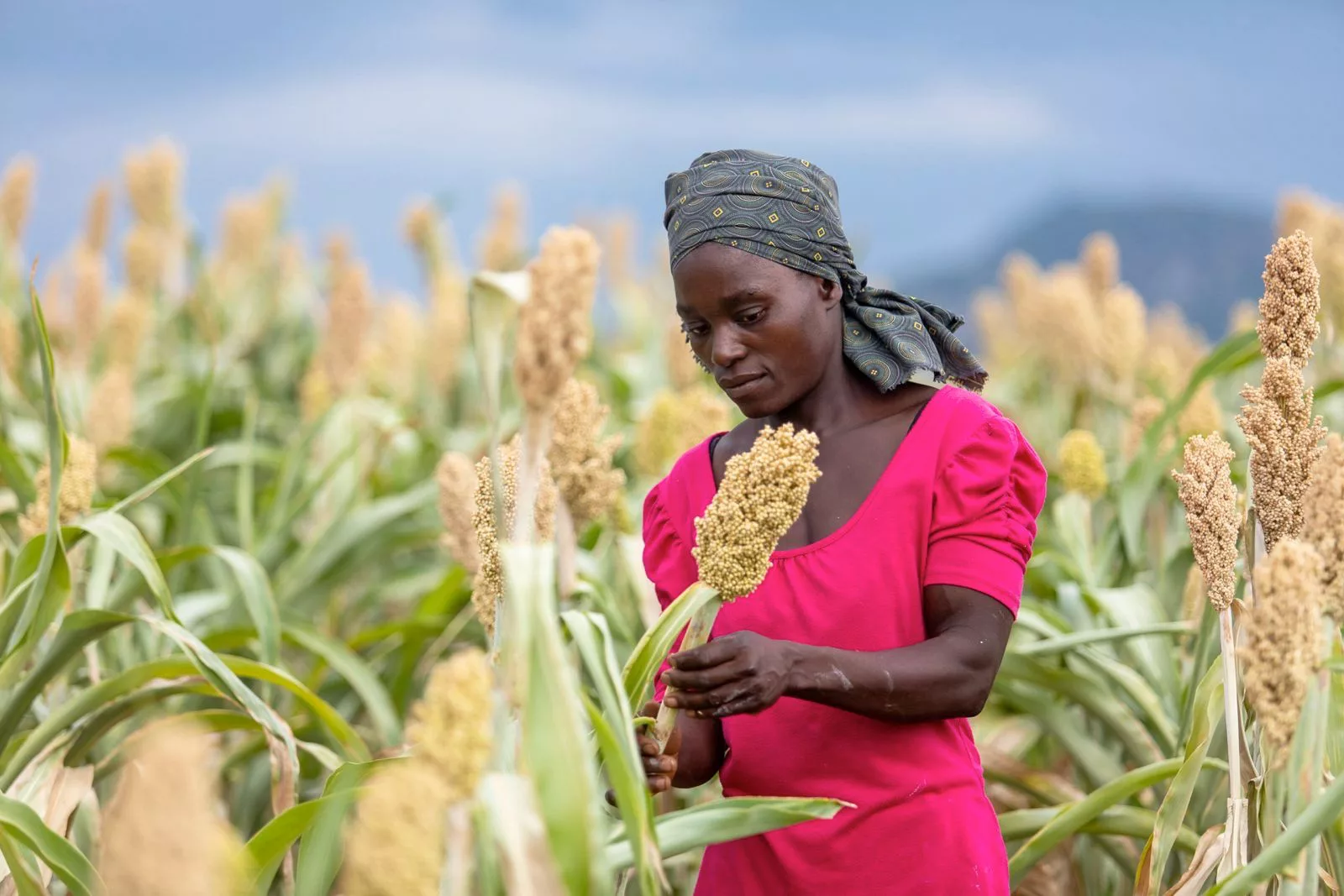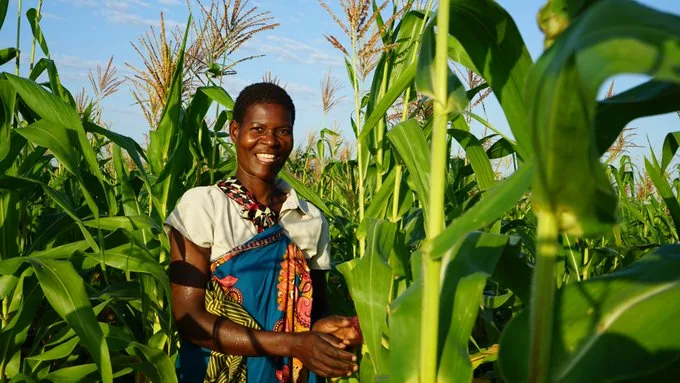|
Getting your Trinity Audio player ready...
|
Writes Baboloki Semele
Demonstrating their unwavering commitment to advancing factoring as a viable financing solution for Africa’s small and medium-sized enterprises (SMEs), the African Export-Import Bank (Afreximbank) and FCI jointly hosted a two-day factoring conference in Harare.
With a focal point on the overarching theme of “Empowering Economic Growth Through Innovative Factoring and Receivables Finance Solutions,” and the complementary sub-theme of “How Factoring Can Catalyze Financial Inclusion for SMEs,” the conference held on April 22-23 shed light on the pivotal role SMEs stand to play in intra-African trade under the African Continental Free Trade Agreement (AfCFTA). The event, co-organized in partnership with FCI, the global authority on factoring, provided a conducive platform for deep-dive discussions and strategic initiatives aimed at promoting and enriching factoring within the Southern Africa region.
Addressing attendees at the inauguration, Kanayo Awani, Executive Vice President of Intra-African Trade and Export Development Bank at Afreximbank, and FCI Board member, stressed the significance of factoring as a vital alternative financing avenue for SMEs. Despite global recognition, factoring adoption in Africa remains modest, representing less than 1% of global volumes. Awani highlighted Afreximbank’s efforts, including developing a model law adopted by seven countries and providing over US$100 million in financing, which contributed to a doubling of factoring volumes in Africa from EUR 21.6 billion in 2017 to EUR 41.8 billion in 2023. However, she underscored the persistent challenge of the substantial SME finance gap and the low factoring volumes in Africa.
Neal Harm, Secretary General of FCI, echoed the sentiment, emphasizing the critical role of open account trade finance in facilitating SME growth and local economies. Harm presented the latest World Factoring Statistics, indicating a steady 13.5% growth in factoring volume in Africa in 2023 compared to 2022, reaching EUR 47.48 billion, yet still representing only 1.3% of the global factoring volume.
According to a press release from the Bank, in her address, Dr. J.T. Chipika, Deputy Governor of the Reserve Bank of Zimbabwe, hailed the timeliness of the Factoring Conference for Southern Africa, coinciding with Zimbabwe’s new monetary policy framework. She commended Afreximbank for its ongoing support in promoting factoring in Zimbabwe, particularly crucial in an economy where SMEs contribute significantly to GDP, with a noteworthy portion being women-owned.
Chipika emphasized the necessity of a stable macroeconomic environment for the success of factoring and receivable financing, underlining Afreximbank’s pivotal role in supporting Zimbabwe’s macroeconomic stability.
The conference concluded with plans for Factoring Roundtables on the sidelines of upcoming events, including the Afreximbank Annual Meetings in Nassau, The Bahamas; FCI Annual Meeting in South Korea; and the Factoring Seminar during the Afreximbank Annual Trade Finance Seminar in Namibia, all slated for June 2024.
Afreximbank, a Pan-African multilateral financial institution, has been instrumental in financing and promoting intra-and extra-African trade for 30 years. The Bank, a staunch advocate of the African Continental Free Trade Agreement (AfCFTA), has launched a Pan-African Payment and Settlement System (PAPSS), adopted by the African Union (AU) to facilitate AfCFTA implementation.
Working in tandem with the AfCFTA Secretariat and the AU, Afreximbank is establishing a US$10 billion Adjustment Fund to support countries in effectively participating in the AfCFTA. As of December 2023, Afreximbank’s total assets and guarantees exceeded US$37.3 billion, with shareholder funds amounting to US$6.1 billion.
The Bank has disbursed over US$104 billion between 2016 and 2023 and boasts investment-grade ratings from leading agencies. Headquartered in Cairo, Egypt, Afreximbank operates as a group entity, including its subsidiary, the Fund for Export Development Africa (FEDA), and AfrexInsure, its insurance management arm.






